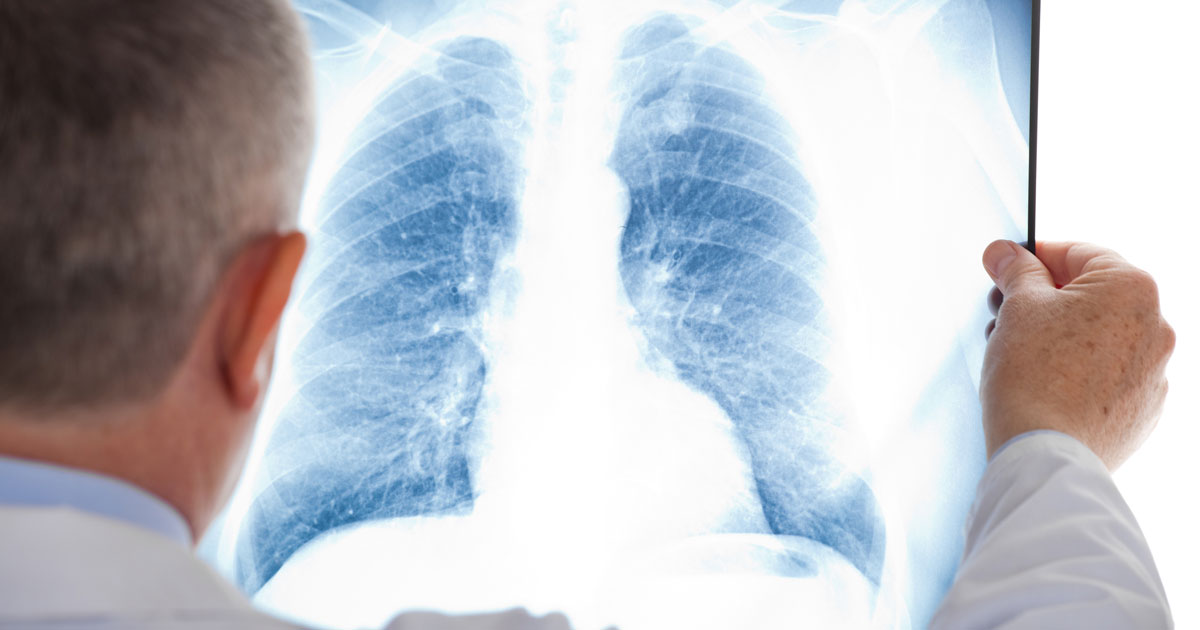What Are The Most Common Lung Diseases?
Pleural Effusion

Pleural effusion is a condition where the space between an individual's chest cavity wall and the lungs, the pleural space, becomes filled with more fluid than normal. An individual's lung and chest cavity are lined with pleura or special membranes that contain a small amount of fluid that is meant to keep them moist and reduce friction. There are many possible causes of pleural effusion, including kidney or liver disease, autoimmune disorders, pulmonary embolism, cancer, congestive heart failure, certain respiratory infections, and complications from specific medical procedures. A pleural effusion patient may have symptoms such as unproductive cough, chest pain, shortness of breath, inability to take deep breaths, problems with breathing when lying down, fever, and painful breathing. An individual who has common bouts of hiccups that are difficult to diffuse may also have pleural effusion. A diagnosis of pleural effusion is made with a physical examination, x-ray, CT scans, kidney function tests, liver function tests, lung biopsy, bronchoscopy, and echocardiogram. Treatment for this condition may include chest draining, pleurodesis, and surgery.